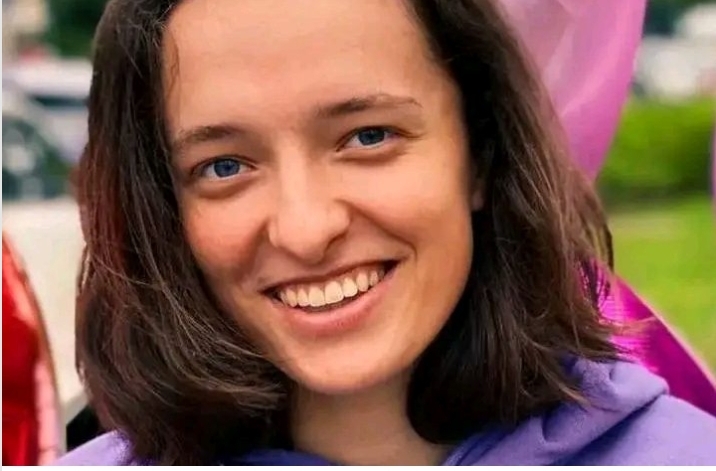NFL
NewsTennis Navarro Calls for Increased Use of Video Review Following Controversial No-Call in Swiatek Match

Following a controversial moment in Iga Świątek’s recent match, tennis player Paula Navarro has voiced her opinion on the need for more video review technology in the sport. The incident, which occurred during Świątek’s match, has sparked discussion about the accuracy of on-court decisions and the potential benefits of incorporating technology for clearer rulings.
During Świątek’s match, a critical point was played where the umpire made a call that many spectators and players felt was incorrect. The call, which went unchallenged by the players, led to questions about the fairness and accuracy of some decisions made in the heat of the moment. While there was no immediate response from the players regarding the call, the incident ignited further debate about the role of technology in ensuring that calls are as accurate as possible.
Navarro’s Call for More Video Review
Paula Navarro, who has experienced her own share of contentious calls during her career, emphasized the importance of utilizing video review technology in tennis. She pointed out that in other sports, such as football and basketball, video reviews have been instrumental in correcting mistakes and ensuring fairness. Navarro believes that tennis should follow suit and implement a more consistent use of video technology to avoid the possibility of human error impacting crucial moments in matches.
Navarro argued that while the current system, which allows players a limited number of challenges per match, has its merits, the technology could be used more effectively to review important moments that may have otherwise been missed. She stressed that this could improve the overall fairness of the sport and reduce the instances of controversial decisions affecting the outcome of matches.
Świątek’s Response and the Bigger Picture
Iga Świątek, known for her professionalism and sportsmanship, did not publicly express frustration over the no-call but acknowledged that technology could be helpful in certain situations. While she has long advocated for fair play and transparency in tennis, Świątek understands the challenges of real-time decision-making for officials and the complexities of officiating in high-pressure environments.
The incident has also highlighted the broader conversation about the role of technology in professional sports. As tennis continues to evolve, many believe that advancements in technology could provide a more reliable and efficient way to review decisions, enhancing the integrity of the game and ensuring that players have the fairest possible environment to compete in.












